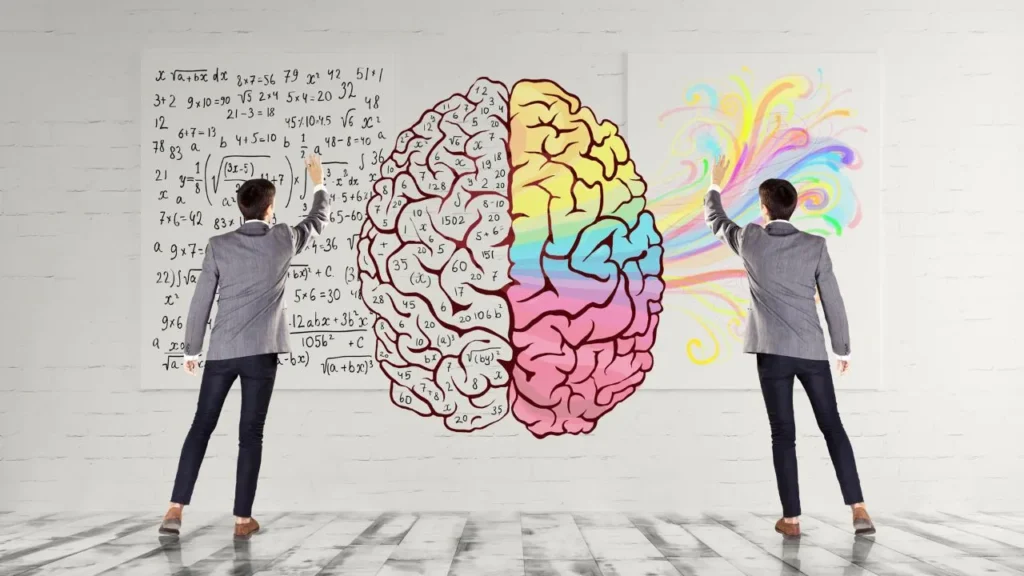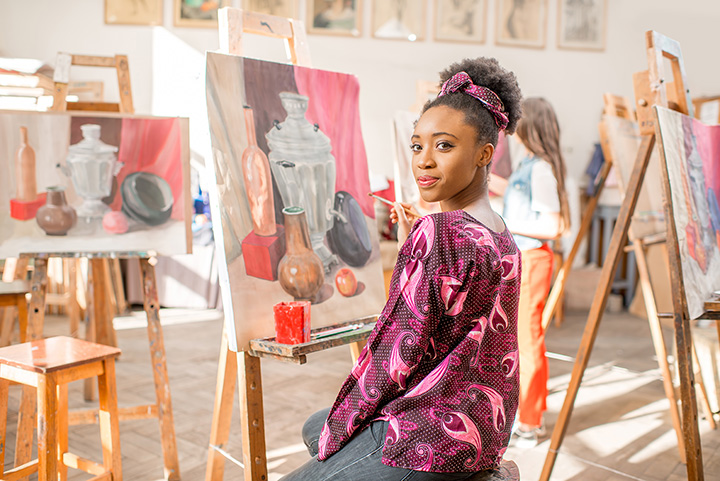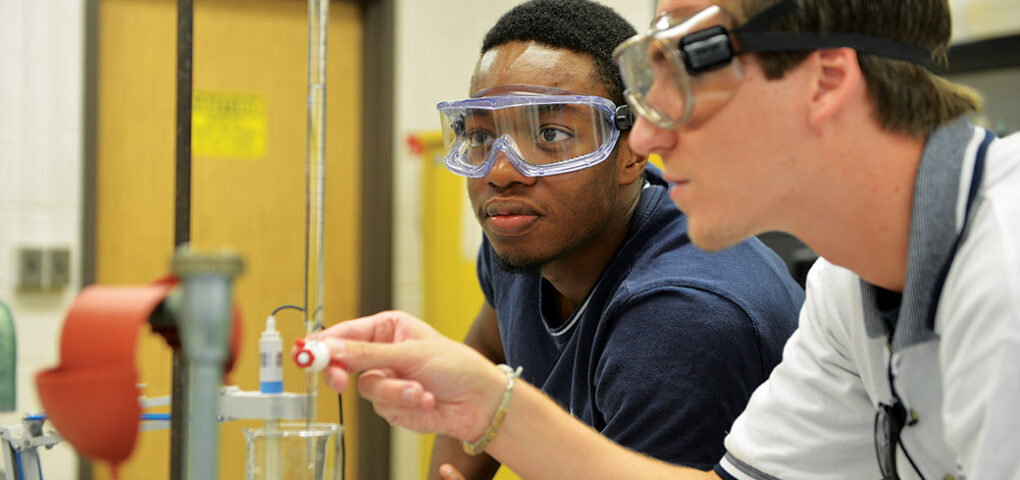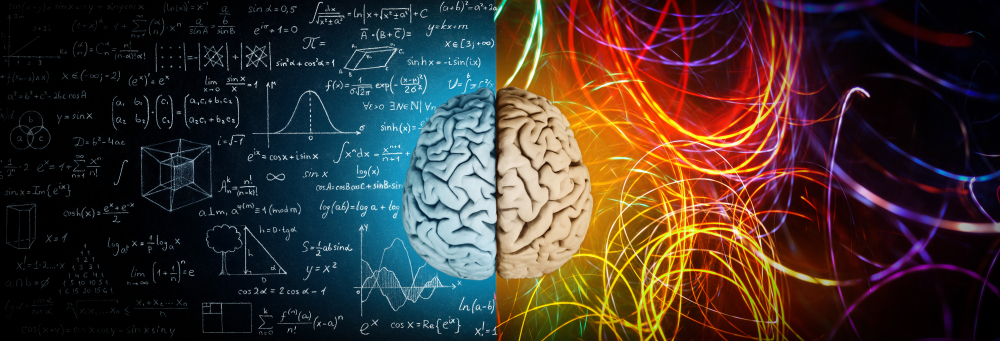
When we think about intelligence and genius, two fields often come to mind: the arts and the sciences. Each discipline has its own unique merits, challenges, and contributions to society. But if you’ve ever found yourself pondering, “Who are the true geniuses: art students or science students?” you’re not alone. This question has sparked endless debates among educators, students, and even parents. In this article, we’ll dive deep into both realms, exploring their characteristics, contributions, and the nature of genius itself.
Are Gender Roles Outdated? Challenging the Idea of Traditional Masculinity and Femininity
Understanding Genius
What Does It Mean to Be a Genius?
The term “genius” is often thrown around casually, but what does it really mean? Traditionally, genius refers to exceptional intellectual or creative power. It’s not just about having a high IQ; it’s about innovation, creativity, problem-solving abilities, and the capacity to think outside the box.
Different Types of Genius
- Creative Genius: Often found in artists, writers, and musicians. This type of genius thrives on imagination and originality.
- Analytical Genius: Common in scientists and mathematicians. This genius excels in logic, reasoning, and systematic thinking.
- Practical Genius: Found in entrepreneurs and skilled tradespeople. These individuals can apply their knowledge effectively in real-world situations.
Understanding these distinctions helps us appreciate that both art students and science students can be geniuses in their own right.

The World of Art Students
Who Are Art Students?
Art students typically pursue degrees in fine arts, graphic design, music, theater, or literature. They are often characterized by their creativity and ability to express emotions through various forms of media.
Motivations Behind Pursuing Art
Art students are driven by a passion for creativity and self-expression. They often seek to explore human experiences and emotions through their work. Their motivations can include:
- Desire for Expression: Many art students feel compelled to share their unique perspectives.
- Cultural Influence: Exposure to different cultures can inspire artistic endeavors.
- Career Aspirations: Some aim to become professional artists or work in creative industries.
Skills Developed by Art Students
Art education fosters a variety of skills that are valuable beyond the classroom:
- Creativity: The ability to think outside the box and generate original ideas.
- Critical Thinking: Analyzing and interpreting various forms of art enhances critical analysis skills.
- Communication: Art students learn to convey complex ideas visually or through performance.
Career Opportunities for Art Graduates
Art students have diverse career paths available to them:
- Professional Artist: Creating original works for galleries or exhibitions.
- Graphic Designer: Designing visuals for advertising or branding.
- Art Teacher: Educating future generations about art techniques and history.
- Animator: Bringing characters to life in films or video games.

The World of Science Students
Who Are Science Students?
Science students typically pursue degrees in fields like biology, chemistry, physics, engineering, or mathematics. They are often characterized by their analytical thinking and problem-solving abilities.
Motivations Behind Pursuing Science
Science students are motivated by curiosity about how the world works. Their motivations can include:
- Desire for Discovery: Many are driven by a passion for exploration and understanding.
- Impact on Society: They often aim to solve real-world problems through scientific research.
- Career Aspirations: Some aspire to work in healthcare, engineering, or research.
Skills Developed by Science Students
Science education cultivates essential skills that benefit various aspects of life:
- Analytical Skills: The ability to assess data critically and draw conclusions.
- Problem-Solving: Developing solutions based on scientific principles.
- Quantitative Reasoning: Understanding numerical data is crucial in scientific fields.
The Regulatory Landscape of Cryptocurrency: A Complex Challenge
Career Opportunities for Science Graduates
Science graduates have numerous career options available:
- Research Scientist: Conducting experiments to advance knowledge in specific fields.
- Engineer: Designing solutions for practical problems across industries.
- Healthcare Professional: Working as doctors, nurses, or researchers.
- Data Analyst: Interpreting data for businesses or organizations.
Comparing Contributions
How Do Art Students Contribute?
Art students contribute significantly to culture and society. Their work can inspire change, provoke thought, and foster emotional connections among people. For example:
- Cultural Reflection: Artists often reflect societal issues through their work.
- Emotional Healing: Art therapy has been shown to improve mental health outcomes.
- Innovation in Design: Graphic designers play a crucial role in branding and marketing.
How Do Science Students Contribute?
Science students drive innovation and technological advancement. Their contributions lead to improved quality of life and understanding of our universe. For instance:
- Medical Breakthroughs: Scientific research leads to new treatments and cures for diseases.
- Technological Advancements: Engineers develop technologies that shape our daily lives.
- Environmental Solutions: Scientists work on sustainability initiatives that protect our planet.

The Interplay Between Art and Science
Can They Coexist?
Absolutely! The relationship between art and science is more intertwined than many realize. For example:
- Scientific Illustration: Artists create detailed illustrations that help scientists communicate complex ideas visually.
- Architecture: This field combines artistic design with engineering principles.
- Music Therapy: Scientific studies show how music can aid in healing processes.
Both disciplines complement each other beautifully.
The Debate on True Genius
Is One More Valuable Than the Other?
This question often arises during discussions about education and career paths. However, valuing one over the other is subjective.
Different Metrics of Success
Success can be measured in various ways:
- Cultural Impact: Artists may influence societal norms through their work.
- Scientific Innovation: Scientists may revolutionize industries with groundbreaking discoveries.
Both paths offer unique contributions that enrich our lives.
Personal Perspectives on Genius
Many people have personal biases based on their experiences with either field:
- Those who appreciate creativity may lean towards valuing art students as geniuses due to their ability to evoke emotion.
- Conversely, individuals who value logic might argue that science students demonstrate genius through analytical thinking.
Ultimately, it boils down to personal values.
Conclusion
So who are the true geniuses—art students or science students? The answer isn’t straightforward. Both groups exhibit different forms of genius that contribute uniquely to society’s fabric. While art students inspire creativity and emotional connections, science students drive innovation and technological advancement.
Rather than pitting these two groups against each other, we should celebrate their differences while recognizing how they complement one another. In a world that thrives on diversity—whether it be in thought processes or creative expression—embracing both art and science leads us toward a richer understanding of humanity itself.
FAQs
- Can you be both an art student and a science student?
- Absolutely! Many people pursue dual degrees or explore interests across disciplines.
- What career options exist for someone with an arts background?
- Careers range from graphic design to teaching art therapy or working as a professional artist.
- Are there high-paying jobs available for science graduates?
- Yes! Fields like medicine engineering offer lucrative salaries upon graduation.
- How do art and science influence each other?
- They intersect in areas like architecture, scientific illustration, and music therapy.
- What skills do employers value most from both fields?
- Creativity from arts graduates and analytical problem-solving from sciences are highly sought after by employers.


